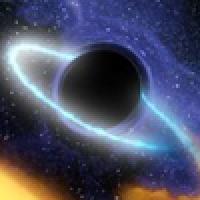
Seven things everyone wants to know about the Universe
The year 2009 was International Year of Astronomy, and to celebrate, asked you what you'd most like to know about your Universe in a series of online polls. The project, kindly supported by the Royal Astronomical Society, came up with seven questions, which we put to world-leading astronomers and cosmologists. Below are their answers in seven articles, as well as some podcasts.
What happened before the Big Bang?
We took the question to the renowned cosmologist John D. Barrow. The Universe is an infinitely self-perpetuating foam of bubbles, it seems...
The interview with John D. Barrow is also available as a podcast!
Are the constants of nature really constant?
Depends on which constants you're thinking about. John D. Barrow explains.
The interview with John D. Barrow is also available as a podcast!
Martin Rees, Astronomer Royal and Professor of Cosmology and Astrophysics at the University of Cambridge, explores the mysterious substance that makes up 25% of the Universe.
It's what makes the Universe expand faster and faster. Find out more with John D. Barrow.
Bangalore Sathyaprakash explores gravity from Newton to Einstein and beyond, including the quest for gravitational waves.
The interview is also available as a podcast!
We put the question to Nicholas Mee and here is his answer. And it's not 24 hours!